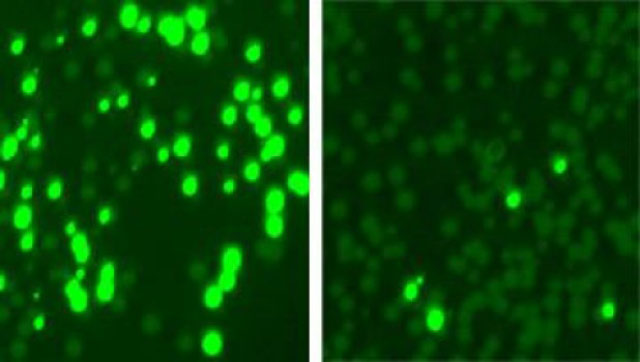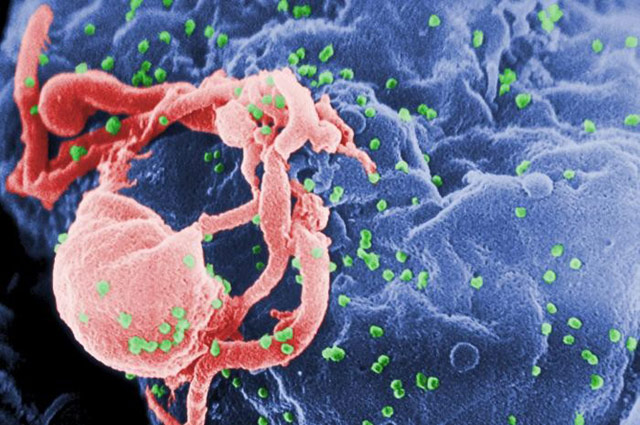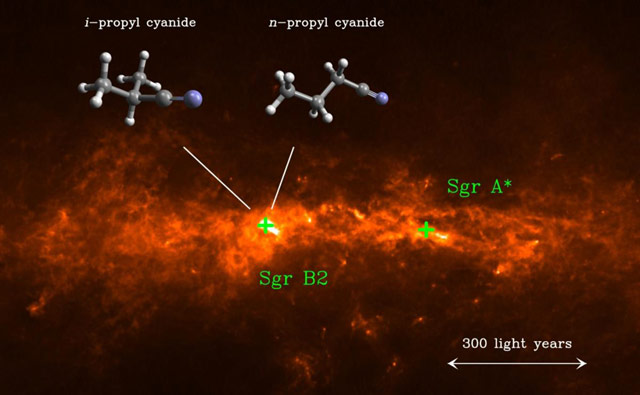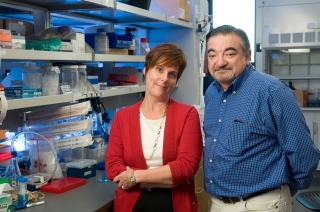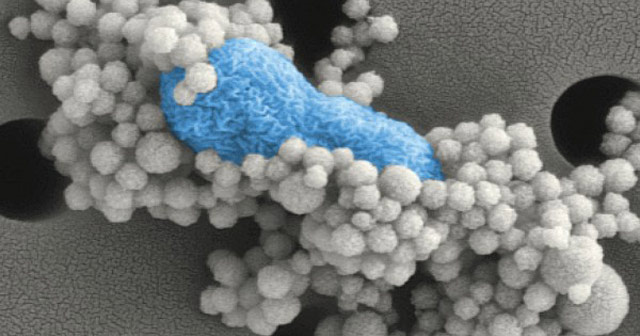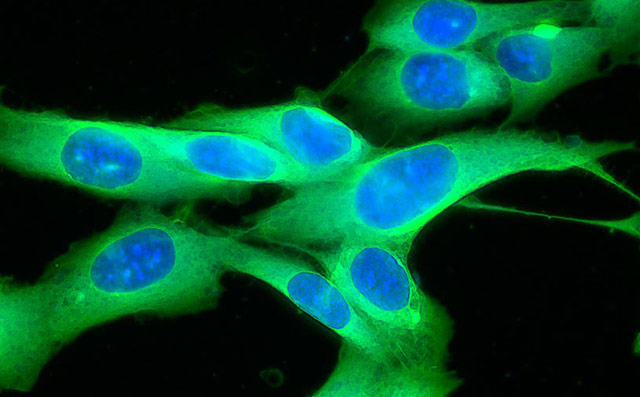The multitude of microbes scientists have found populating the human body have good, bad and mostly mysterious implications for our health. But when something goes wrong, we defend ourselves with the undiscriminating brute force of traditional antibiotics, which wipe out everything at once, regardless of the consequences. Researchers at Rockefeller University and their collaborators are…
Read more
‘Programmable’ antibiotic harnesses an enzyme to attack drug-resistant microbes
